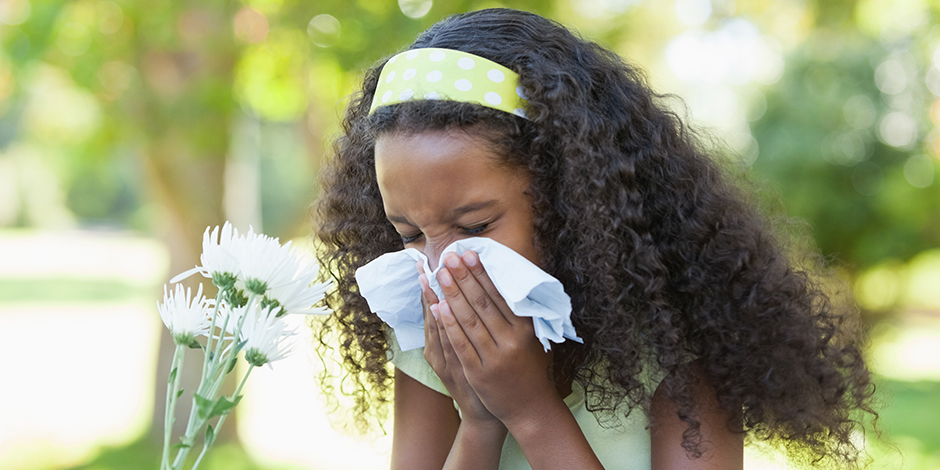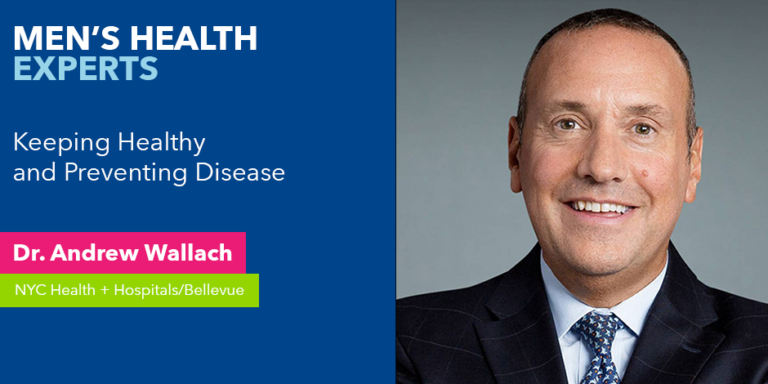Managing Allergies in Children

An unusually cold and long winter can cause a delay in the onset of a prolonged allergy season. Here are some tips on how to reduce allergy symptoms in your little ones.
- Why do children get allergies?
To some extent, the tendency to develop allergies is inherited. If one parent has allergies, the child has a 40 percent chance of developing them. If both parents have allergies, odds that the child will have allergies rise to 75 percent. Sometimes children are born with a predisposition to a certain substance, but they won’t know it until they are exposed to that allergen. - Is it true that you can “grow out of” an allergy?
If children have allergies, they will continue to have allergies later in life. For example, if a child is allergic to peanuts, he or she will probably always have to avoid them. - What are some quick tips to help reduce allergy symptoms?
The best tip is avoidance. If you know you or your child is allergic to pollen, you have to try to keep away from it. That doesn’t mean you have to keep your son or daughter indoors all the time. Have the child wear a hat, as well as sunglasses, since the eyes are a major port of entry. Keep your windows closed to keep pollen and other irritants from coming into the house. If you have an air conditioner, make sure the filter is clean. If your child has indoor allergies, such as an allergy to dust, vacuum as often as you can. Wash your sheets with hot water once a week to get rid of the dust mites. You should also purchase pillow and mattress covers that have special fabrics to keep the dust from settling in the bed area. - What about medication?
Medication is another option but always ask your doctor before using anti-allergy drugs, even if they’re over-the-counter. The FDA restricted the use of cold and allergy medications for children under 2 because they offered more side effects than benefits. - What about allergy shots?
Some children can benefit from allergy shots where the allergist carefully introduces small amounts of medicine, increasing it over time to build up defense.
Content provided by Dr. Luis Rodriguez, Director of the Department of Pediatrics at NYC Health + Hospitals/Woodhull.
- If your child has allergies, you may want to seek help from a health care professional. Call a pediatric clinic at an NYC Health + Hospitals system hospital or health center near you to schedule an appointment.


